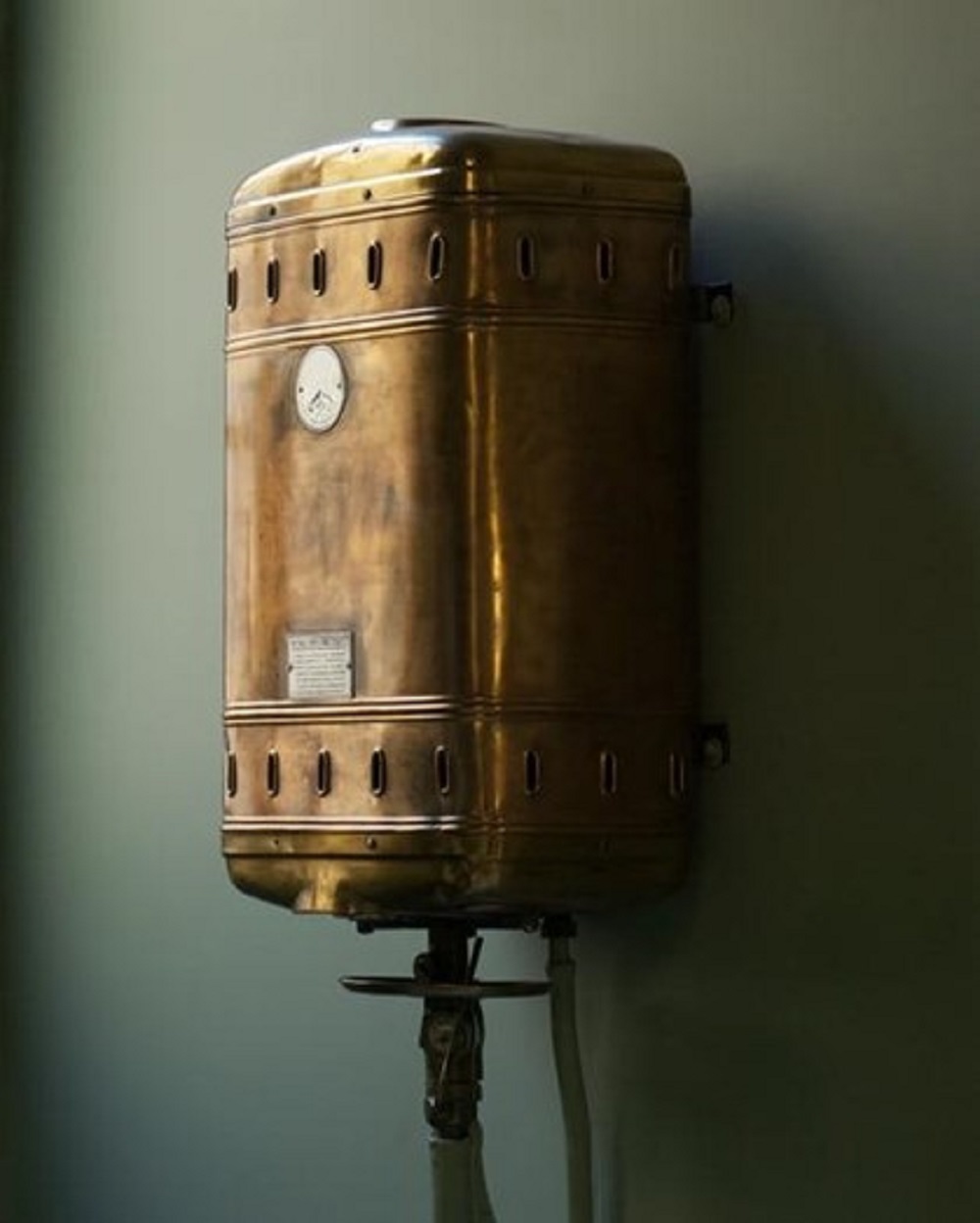Boiler problems? If you’re reading this, there’s a good chance you either have a broken boiler or a boiler that isn’t functioning the way it should.
The stress of dealing with either a complete lack of or inconsistent function of heating and cold showers is bad enough. But as a financial decision, you might be wondering whether it’s best to repair a boiler or get a whole new one.

Your Options
One of the first steps is to check how old your boiler is. A boiler should last 10 to 15 years, so if your boiler is that old or nearing that age, then a replacement may be the cost-effective choice, rather than keeping the old equipment chugging along with constant repairs.
If your boiler is newer than this, you’ll probably want to consider a repair. You should also check the last time you had the boiler serviced. Good maintenance is the best preventative measure you can take, and regular servicing is recommended.
Boilers should be serviced every 12 months; warranties can cover between 5-10 years on the condition that you do have it serviced – failure to do so can void the warranty. Servicing will ensure safety and efficiency. A more efficient boiler will mean lower energy bills.
Signs a Boiler isn’t Working Properly
You may be able to spot some signs to identify the problem before your boiler gives out completely. Listen for unusual whistling or tapping noises and check your gas usage – if it’s unusually high then this will indicate a boiler that’s not performing efficiently.
Also, be on the lookout for leaks, strange smells or radiators taking longer to heat up than normal or heating in some rooms but cold in others.
Can I Repair a Boiler Myself?
No matter how ‘handy’ you are, unless you are certified, it is not recommended to try and repair a boiler by yourself. Boilers are complex and potentially very dangerous. With hot water and gas to contend with, a bad fix could be lethal. To avoid the risk of a gas leak explosion or carbon monoxide poisoning, call a trusted boiler repair service.
Boiler Troubleshooting
Whilst it’s best to leave it to the professionals, that doesn’t mean you are completely powerless. Before you call out a professional, you can try out a few potential (and safe) solutions that may fix the problem.
Resetting the Boiler
One starting point is to locate the reset button. Hold this down for a few seconds and see if resetting the boiler fixes your issues. If after two resets things aren’t looking any better then the issue may well be a more complex one, and a certified repairman may be required.
Check the Thermostat
Another quick and simple check to make will be the electronic thermostat if you have one. This may be the cause of the problem rather than the boiler itself, so check the thermostat. A lot of the time replacing the batteries will be the fix needed.
Radiator Blockage – Sludge or Air?
If your boiler is on but your radiators aren’t working, there are usually two different causes; a build-up of sludge or pockets of air stuck in the radiator water. Sludge usually consists of a mixture of dirt and rust that blocks the hot water flow. If sludge is the problem, you’ll need a Gas Safe registered engineer to have a look and perform a power flush. If trapped air is the problem, this could be solved by bleeding the radiator.
Bleeding the Radiator
A bit more of a ‘hands on’ job compared to the previous problems, but still nothing to worry about. Bleeding the radiator could clear any pockets of trapped air inside the water in the radiator. These pockets of air are what’s stopping the warm water used for heating from travelling around the radiator properly.
To bleed the radiator: first switch off the heating, locate the valve and then loosen this using the radiator key whilst holding a cloth. You may want to place a tray to catch any water that could potentially drip out. If you hear a hissing sound, this will mean that there was trapped air or gas and you are letting it out. Once the hissing stops and all the air has escaped, tighten up the valve again and wait to see if there’s any improvement.
Time for a Professional Opinion
If you’ve done everything that you can safely do by yourself and you are still having problems, then it’s best to call the professionals. If you can, find out how old your boiler is and when it was last serviced. You can use this knowledge in combination with a professional opinion to decide whether to repair or have a completely new boiler installed.






